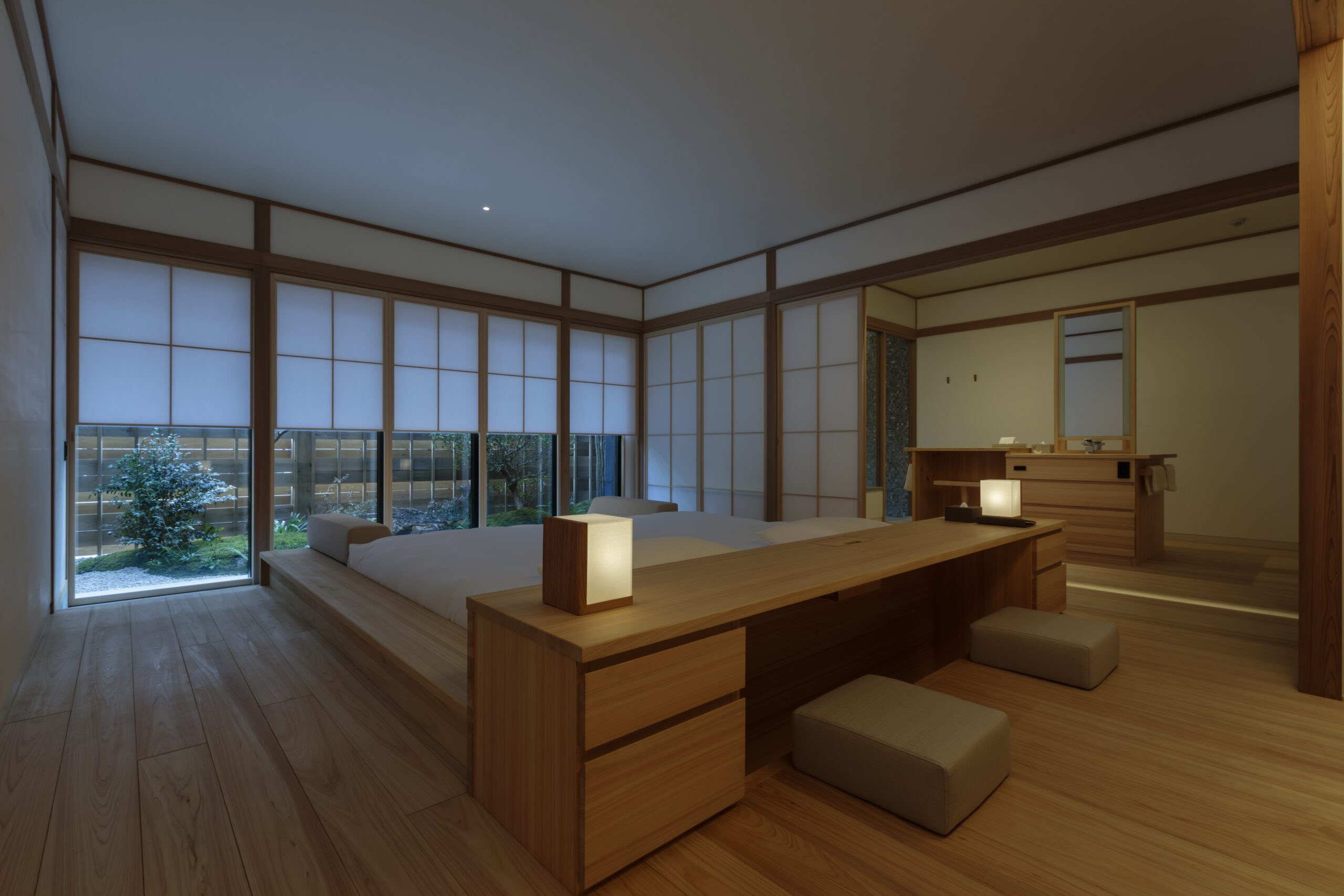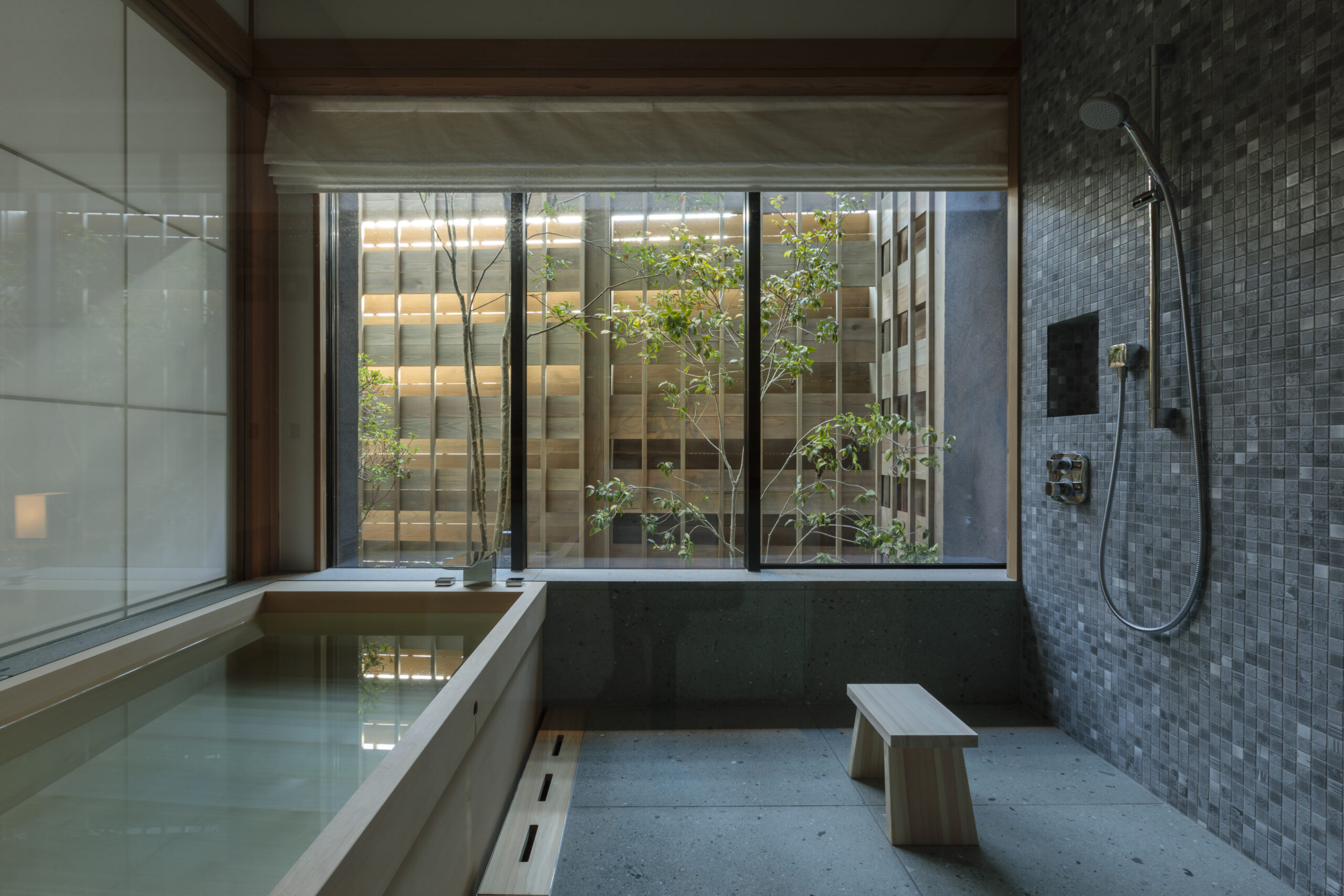Located on the tranquil island of Ikuchijima, Azumi Setoda is a traditional Japanese bathhouse hotel reimagined for the modern world. Rose Dykins reports
Azumi Setoda opened its doors this month on the island of Ikuchijima in Japan’s Seto Inland sea, providing a restful, culturally rich stay for travellers exploring the region.
With its contemporary take on the traditional ryokan – a style of Japanese inn, typically featuring tatami-matted rooms and communal bathing houses – Azumi Setoda offers an immersive guest experience, shedding light on local culture, food and art, and integrating with the local community.
Japan’s central Seto Inland Sea lies the west of Kyoto and Osaka, and is dotted with an archipelago of islands, some of which are connected by bridges, but many require ferry trips to reach.
Many of the former industrial islands of the Seto Inland Sea are being regenerated to offer cultural attractions – such as independent museums, art installations, boutique hotels and cycling trails.
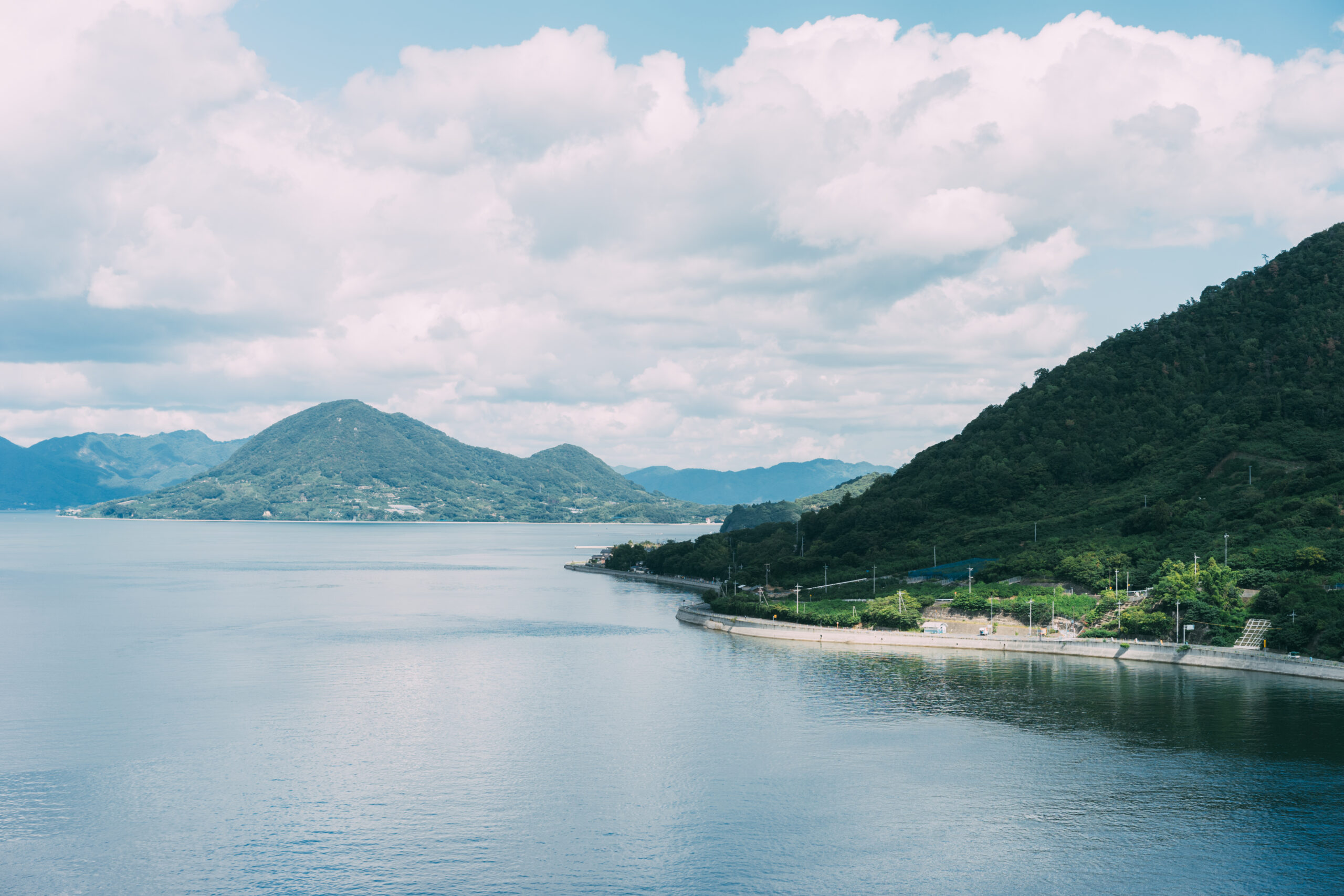 The island of Ikuchijima is a former island, and is known as “lemon island” as it’s believed to be the birthplace of lemons in Japan. Accessible via a cable-stayed Tatara Bridge, it has a population of just 11,000 people.
The island of Ikuchijima is a former island, and is known as “lemon island” as it’s believed to be the birthplace of lemons in Japan. Accessible via a cable-stayed Tatara Bridge, it has a population of just 11,000 people.
Its citrus groves, Hill of Hope (a stone park carved from Italian marble), outdoor sculptures and citrus-based sweet vendors are best explored by bike.
Azumi Setoda occupies a 19th-century former home of a shipping and salt-farming family on Ikuchijima.
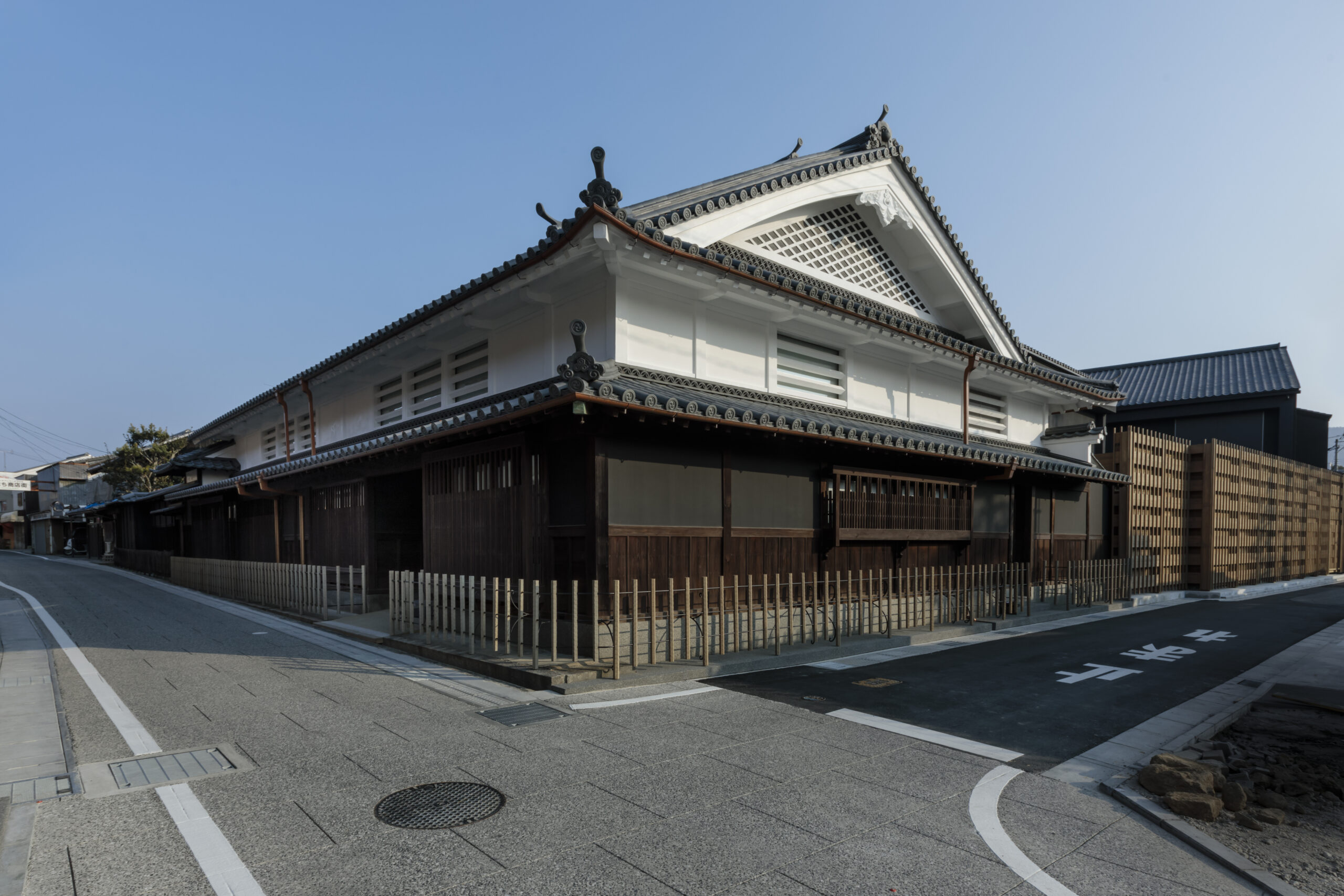 The 140 year-old property has been restored and converted to offer 18 suites and four duplexes. All accommodation is housed in a two-storey pavilion, with a cedar kakine-framed courtyard at its centre.
The 140 year-old property has been restored and converted to offer 18 suites and four duplexes. All accommodation is housed in a two-storey pavilion, with a cedar kakine-framed courtyard at its centre.

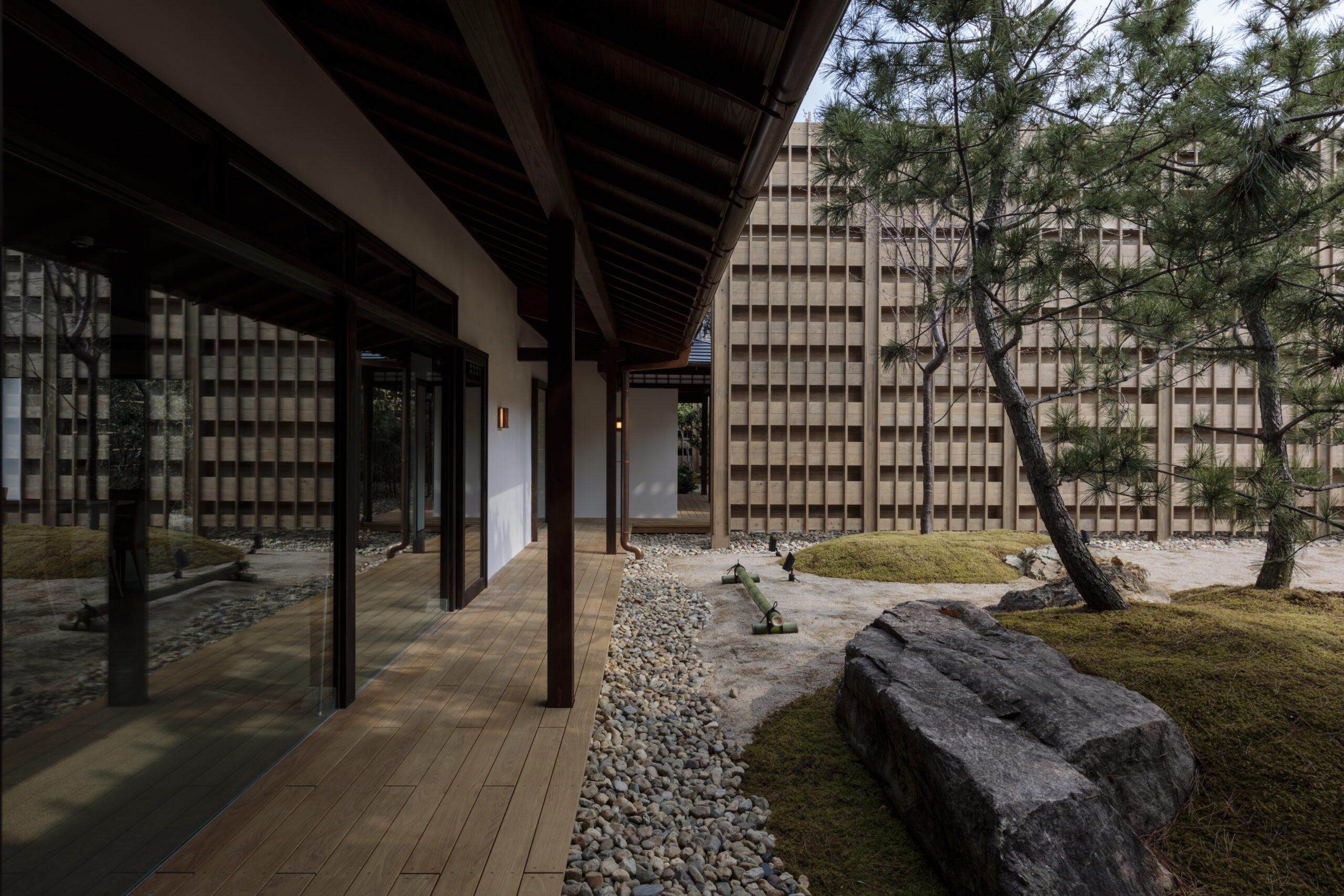 Each suite or duplex has a private garden or a balcony, and offers a unique view of the courtyard, which was designed by Osaka-based WA-SO landscape architects.
Each suite or duplex has a private garden or a balcony, and offers a unique view of the courtyard, which was designed by Osaka-based WA-SO landscape architects.
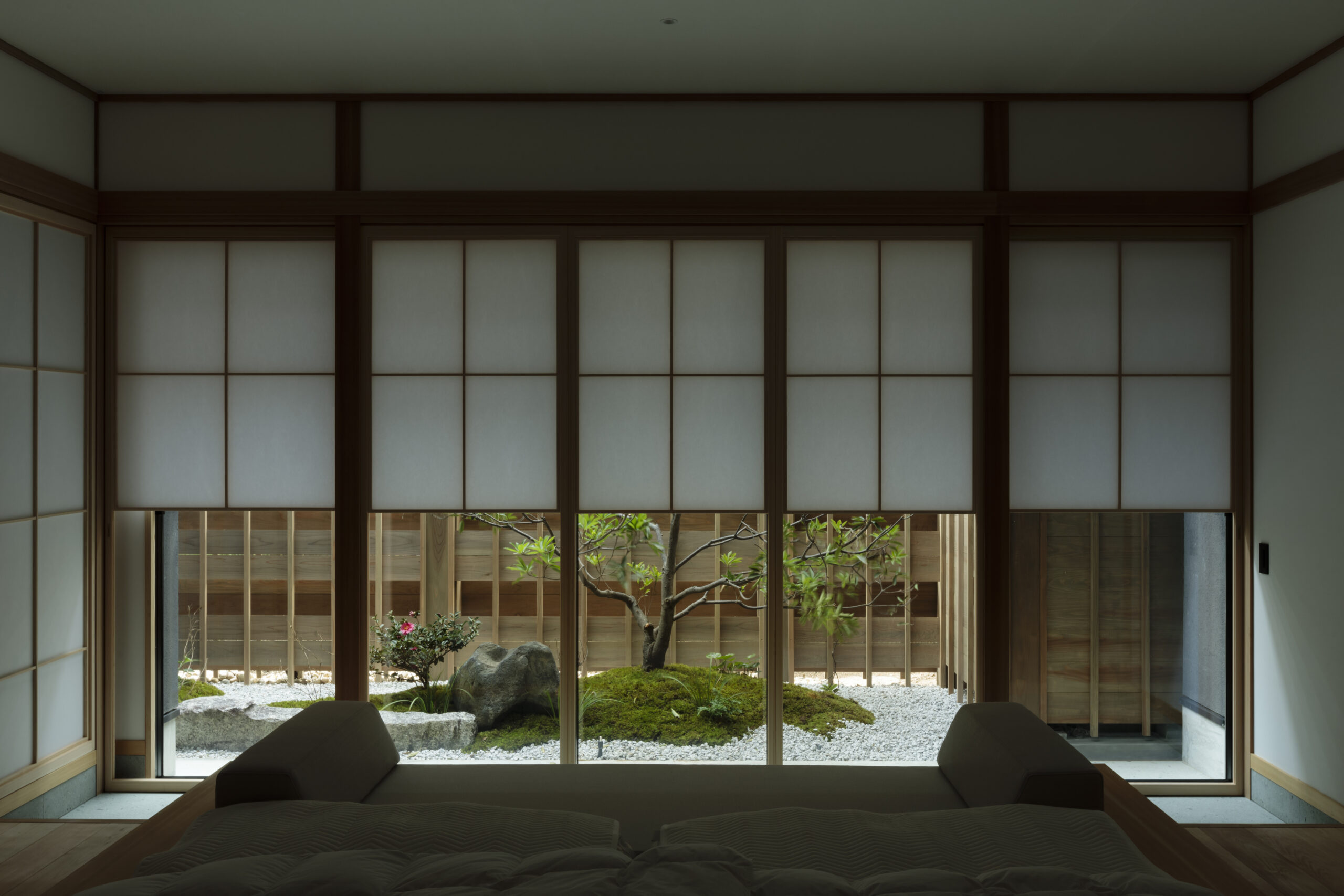 The ryokan’s Kyoto-based designer Shiro Miura is an expert in sukiya, a style of 16th-century architecture based around balancing the elements.
The ryokan’s Kyoto-based designer Shiro Miura is an expert in sukiya, a style of 16th-century architecture based around balancing the elements.
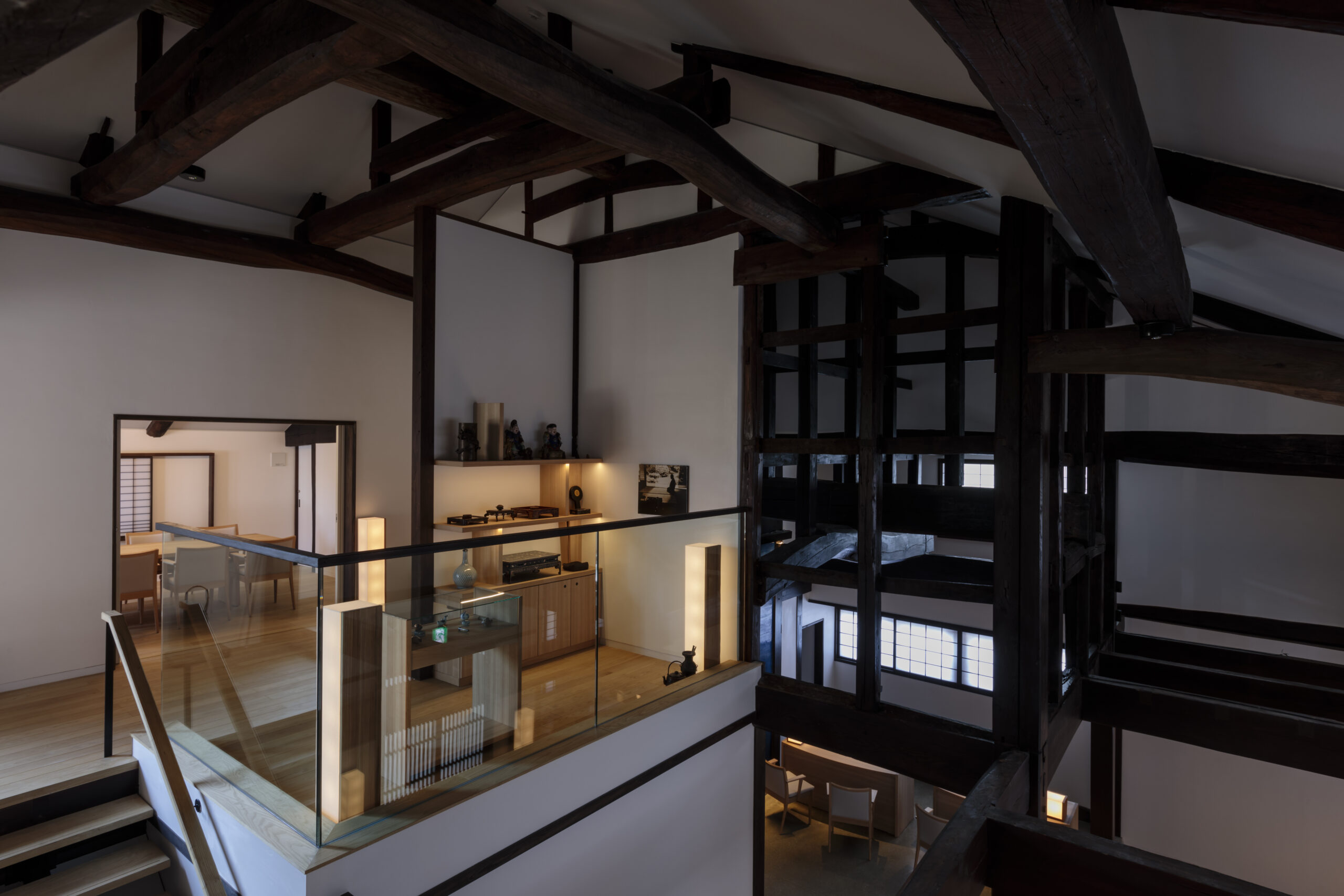 Creating a sense of peaceful, warm hospitality is central to the visitor experience Azumi Setoda and, when guests arrive they are welcomed by an aruji (head of house).
Creating a sense of peaceful, warm hospitality is central to the visitor experience Azumi Setoda and, when guests arrive they are welcomed by an aruji (head of house).
The suites and duplexes blend contemporary amenities with a traditional ryokan aesthetic, and each one has its own bath tub made from cypress wood.
Custom wood furniture has been co-created with local artisan Doi Mokkou, designed to blend in with the ryokan’s interiors, at the perfect height to give the best views of the interior courtyard. In keeping with sukiya ideals, the décor features raw materials such as cedar, cypress, washi (traditional Japanese paper) and granite.
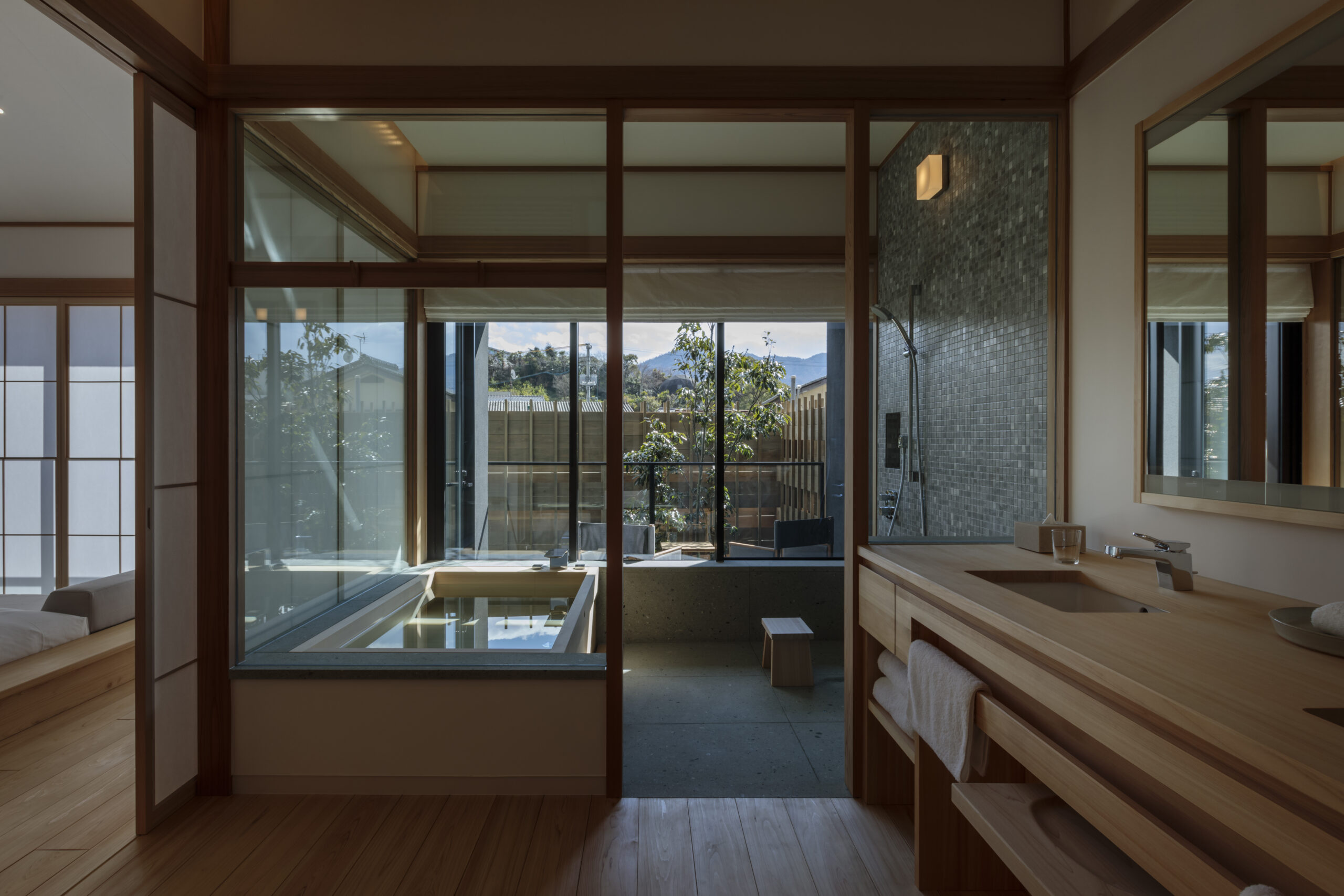 The Azumaya is a quiet multi-purpose garden room creating a peaceful space for guests to meditate. Meanwhile, the hotel’s restaurant has communal tables to encourage interaction while dining, with the option of three private dining rooms.
The Azumaya is a quiet multi-purpose garden room creating a peaceful space for guests to meditate. Meanwhile, the hotel’s restaurant has communal tables to encourage interaction while dining, with the option of three private dining rooms.
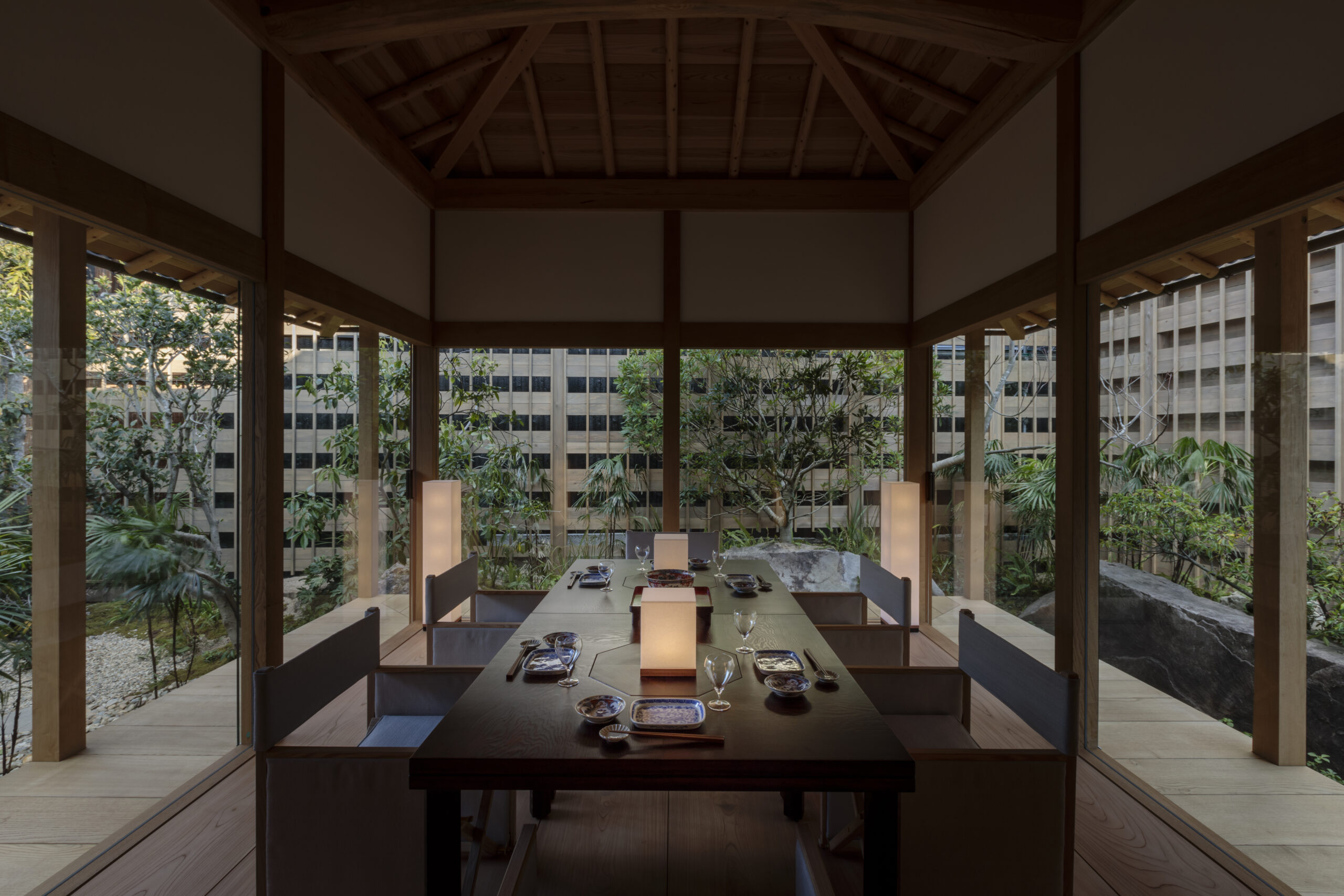 Its seasonal “soul-food” menu features local ingredients from the hotel’s surrounding landscape – including seafood, citrus and vegetables. It was also reflect the region’s role as a historic sea hub place where cultures intersect, with herbs and spices that represent the Persian and Asian influences on the Japanese home-cooked-style fare.
Its seasonal “soul-food” menu features local ingredients from the hotel’s surrounding landscape – including seafood, citrus and vegetables. It was also reflect the region’s role as a historic sea hub place where cultures intersect, with herbs and spices that represent the Persian and Asian influences on the Japanese home-cooked-style fare.
Signature dishes from the launch menu include Inno-shima octopus sashimi, Nishi shellfish with sesame oil and steamed meat dumpling with lotus root and Awaji onion.
Guests can enjoy à la carte options and the hotel’s specialty omakase course, served up on small delicate palettes and large platters, some of which are gifted by the Horiuchi family from their antique collection.
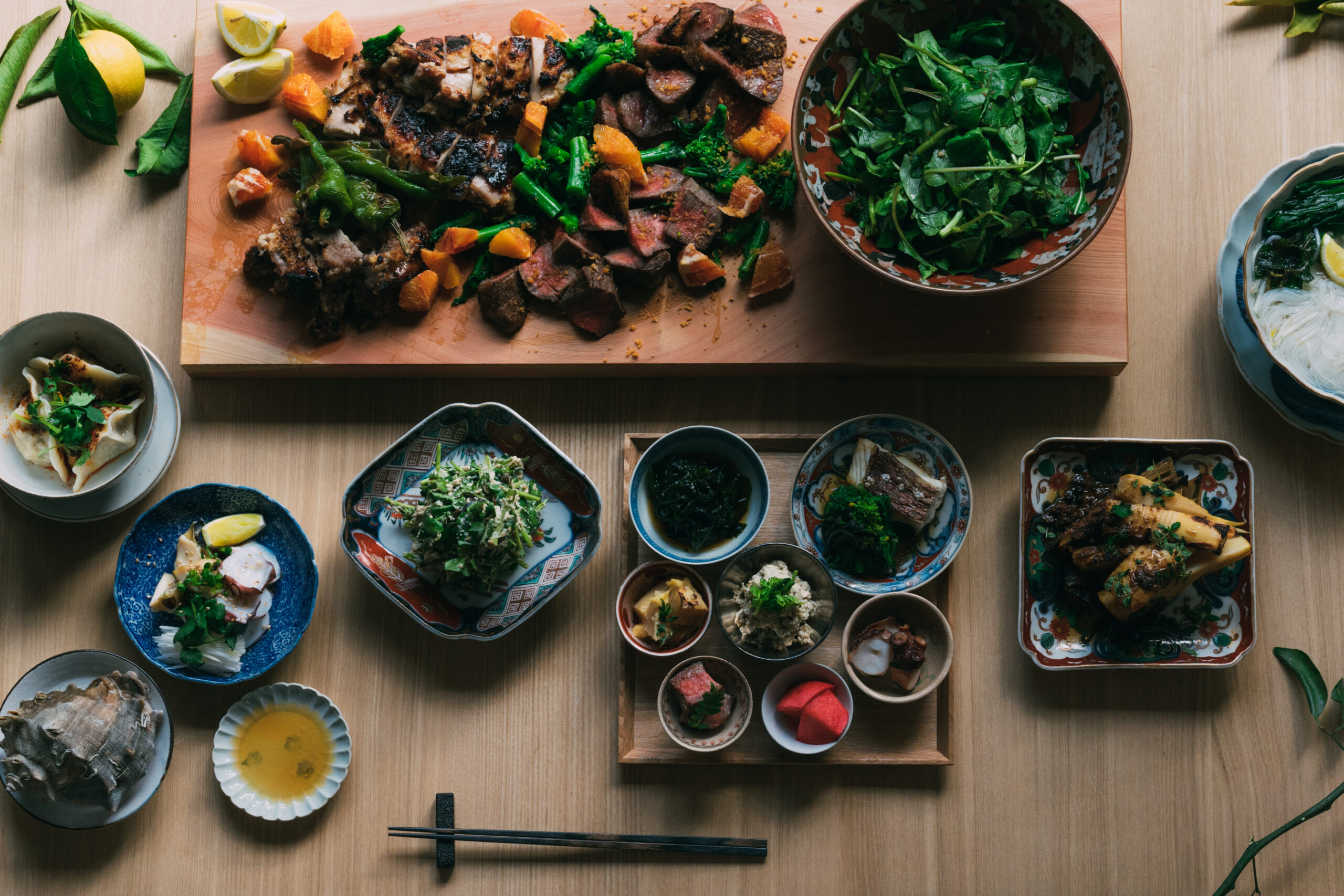 Azumi Setoda’s accompanying yabune (public bathhouse) is intended for locals to use as much as guests, in keeping with the brand’s ethos of serving its surrounding community, rather than just tourists. The tiled artwork has been designed by Japanese artist Mai Miyake, depicting the island’s scenery and the region’s rich ocean life.
Azumi Setoda’s accompanying yabune (public bathhouse) is intended for locals to use as much as guests, in keeping with the brand’s ethos of serving its surrounding community, rather than just tourists. The tiled artwork has been designed by Japanese artist Mai Miyake, depicting the island’s scenery and the region’s rich ocean life.
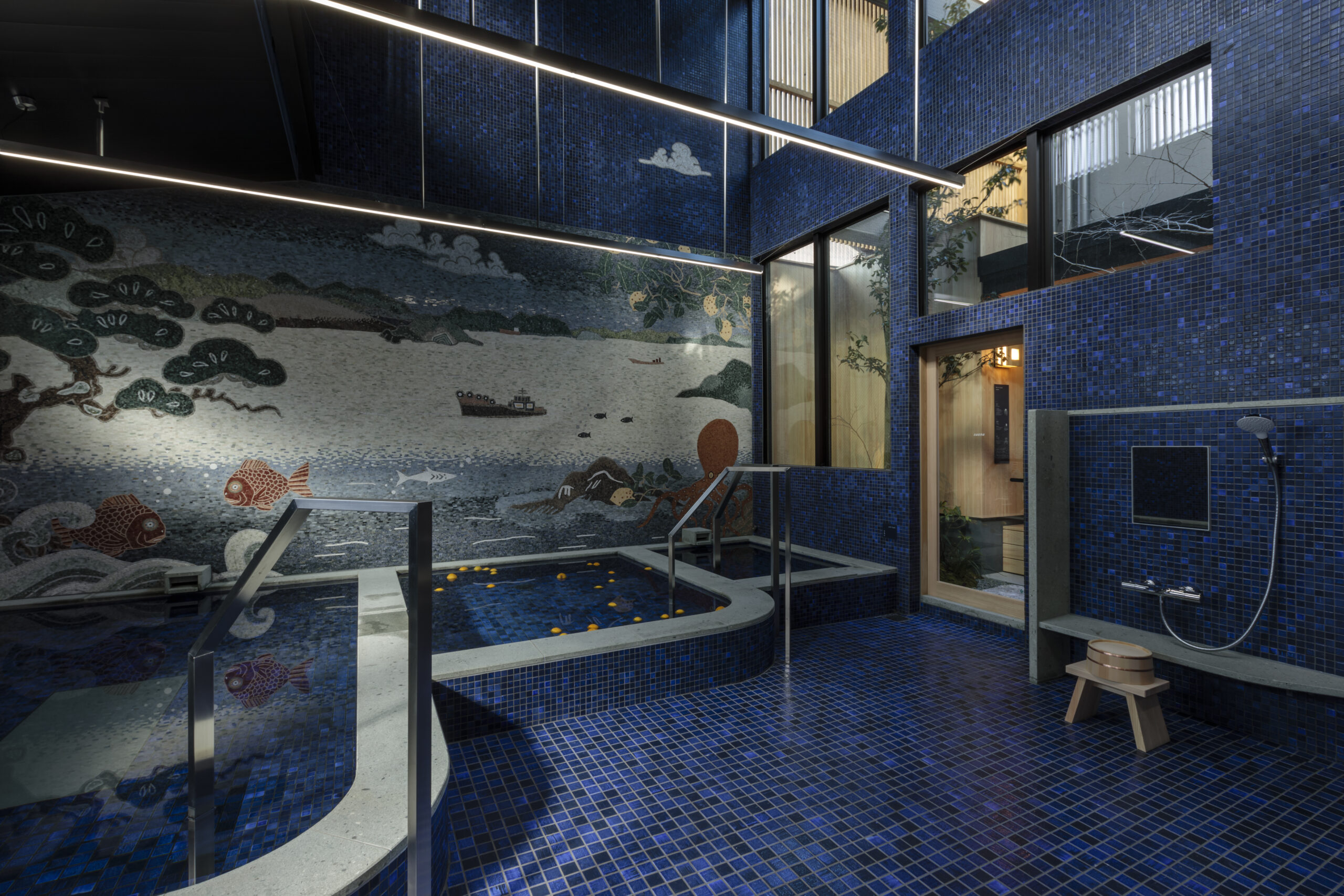 Situated across the street from Azumi Setoda, Azumi Yabune has further 14 guestrooms as well as the bath house. Guests also have access to a private lounge serving drinks and snacks from the local shopping street. They are invited to experience Japanese bathing culture, lemon and salt bathing, and sauna.
Situated across the street from Azumi Setoda, Azumi Yabune has further 14 guestrooms as well as the bath house. Guests also have access to a private lounge serving drinks and snacks from the local shopping street. They are invited to experience Japanese bathing culture, lemon and salt bathing, and sauna.
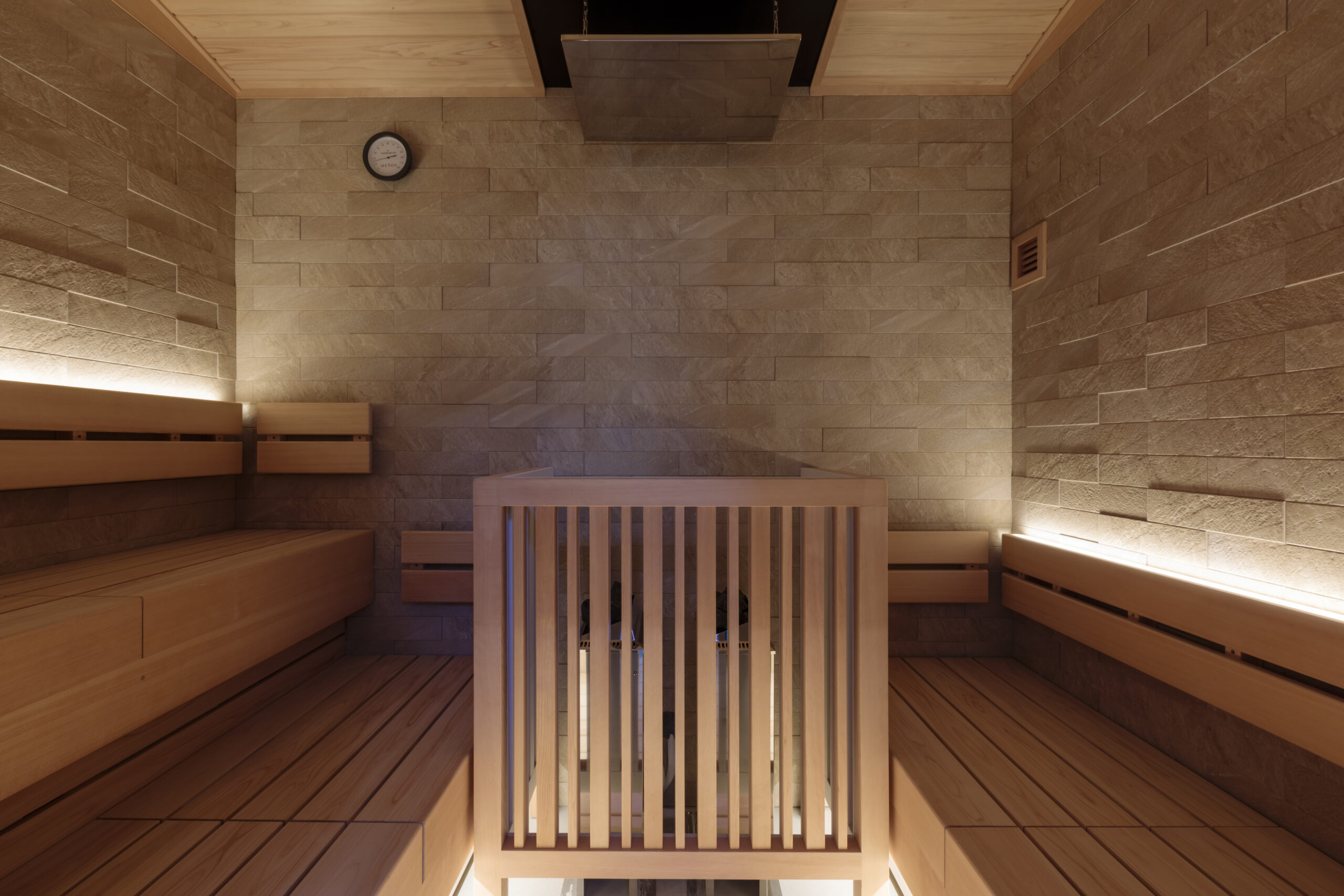 Developed out of community feedback, in collaboration with the Azumi team, a mixed-use facility called Soil Setoda will open close to the port of Setoda in April. It will function as ‘the living room of the city” offering short-to-long term accommodation, a work lounge, activity centre, coffee roaster and restaurant.
Developed out of community feedback, in collaboration with the Azumi team, a mixed-use facility called Soil Setoda will open close to the port of Setoda in April. It will function as ‘the living room of the city” offering short-to-long term accommodation, a work lounge, activity centre, coffee roaster and restaurant.
The idea is for Soil Setoda to be a place for cultural and social exchange, with an environment that is both lively and relaxed, and that feels welcoming to a wide demographic of people.

